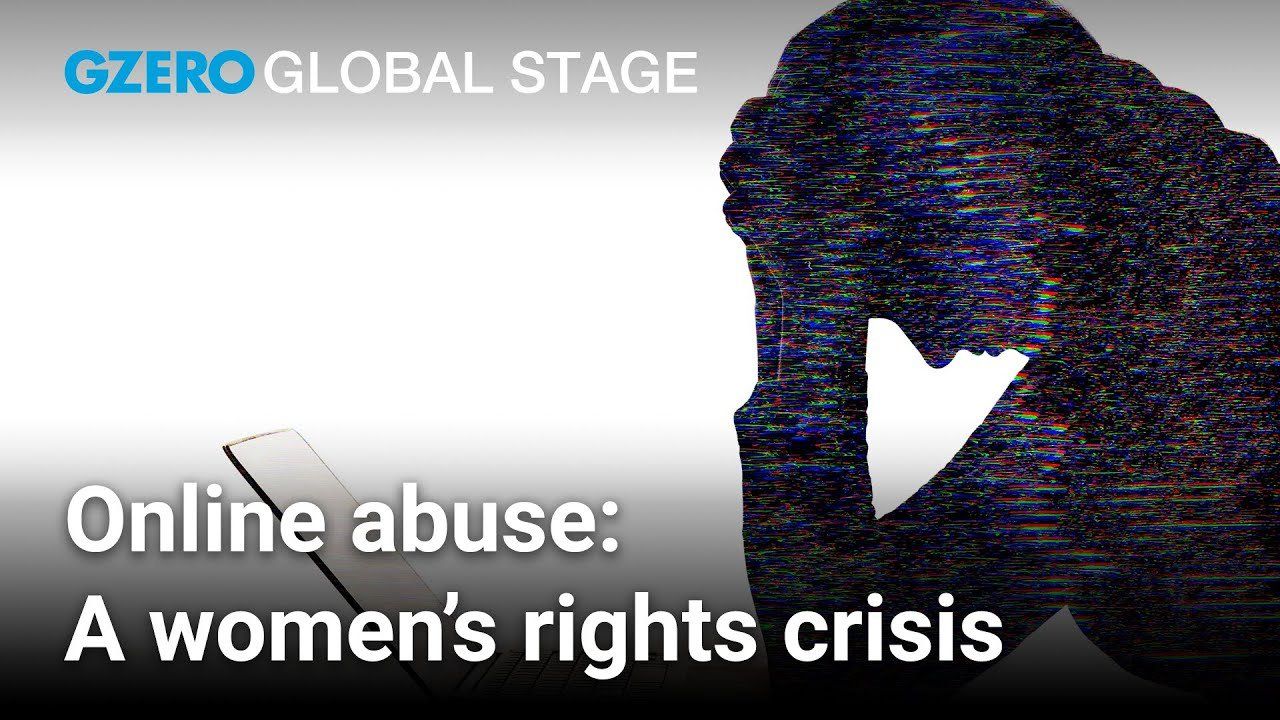Digital Governance
The online abuse crisis threatens the mental health of young women worldwide

The online abuse crisis threatens the mental health of young women worldwide | Global Stage

In a GZERO Global Stage discussion from the sidelines of the United Nation's 68th Session of the Commission on the Status of Women, the pervasive issue of online abuse and harassment faced by young women was in the spotlight.
Michelle Milford Morse, the UN Foundation's Vice President for Girls and Women Strategy points out that “more than half of young women are experiencing some form of abuse and harassment online, sometimes as young as eight,” underscoring the urgent need for collective efforts to combat online abuse and create safer digital spaces for everyone, but especially women. Milford Morse points out the importance that we all work towards a future where everyone can thrive free from fear and harassment in both physical and digital environments.
The conversation was presented by GZERO in partnership with Microsoft and the UN Foundation. The Global Stage series convene heads of state, business leaders, technology experts from around the world for critical debate about the geopolitical and technology trends shaping our world.
Gotta maximize sleigh-holder value. #PUPPETREGIME
On Ask Ian, Ian Bremmer breaks down the steady escalation of US pressure on Venezuela and why direct military action is now a real possibility.
From civil conflicts to trade wars to the rise of new technologies, GZERO runs through the stories that have shaped this year in geopolitics.
Ukrainian intelligence services assassinated a senior Russian general on the streets of Moscow on Monday, detonating a bomb strapped to his car.